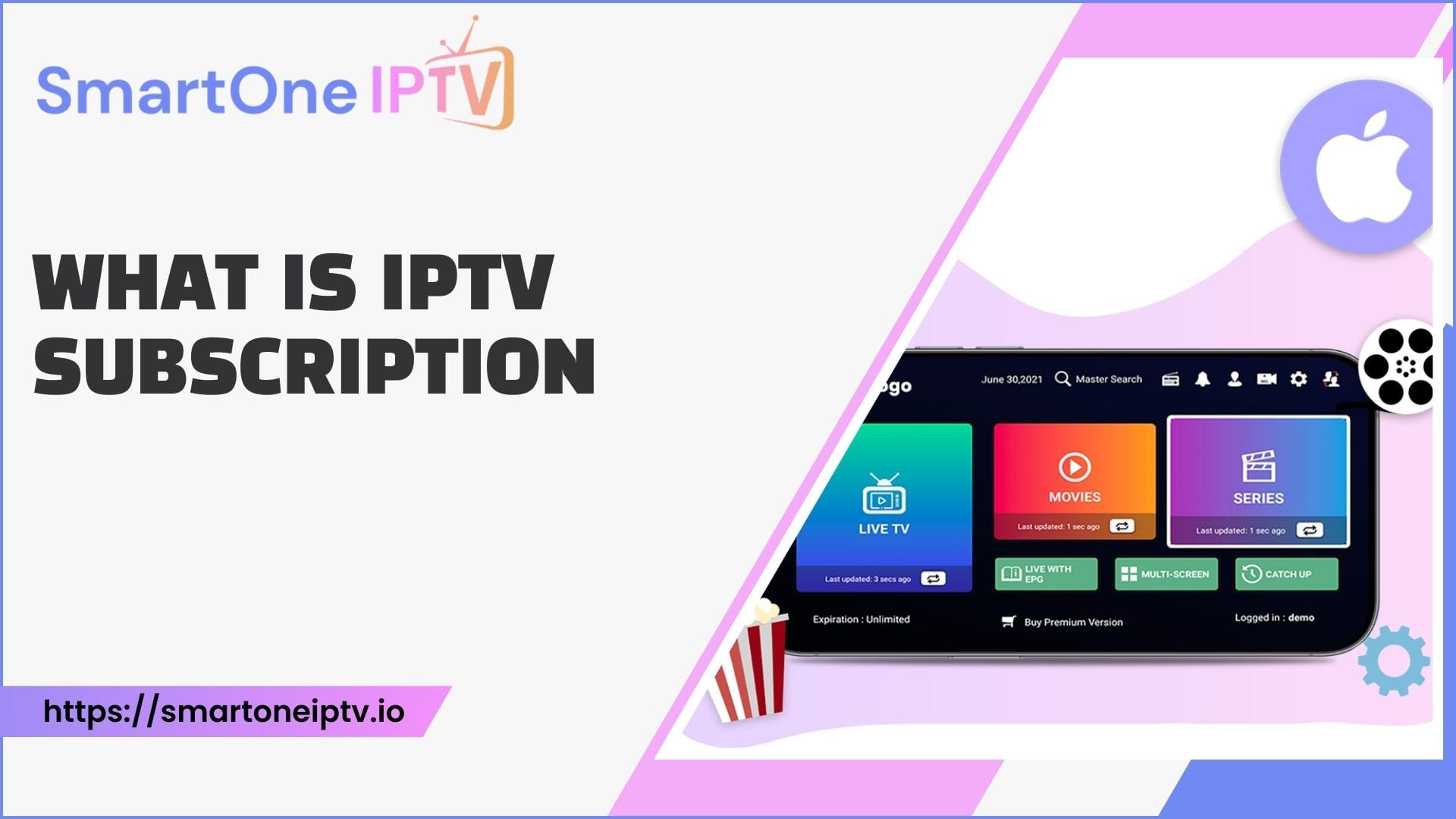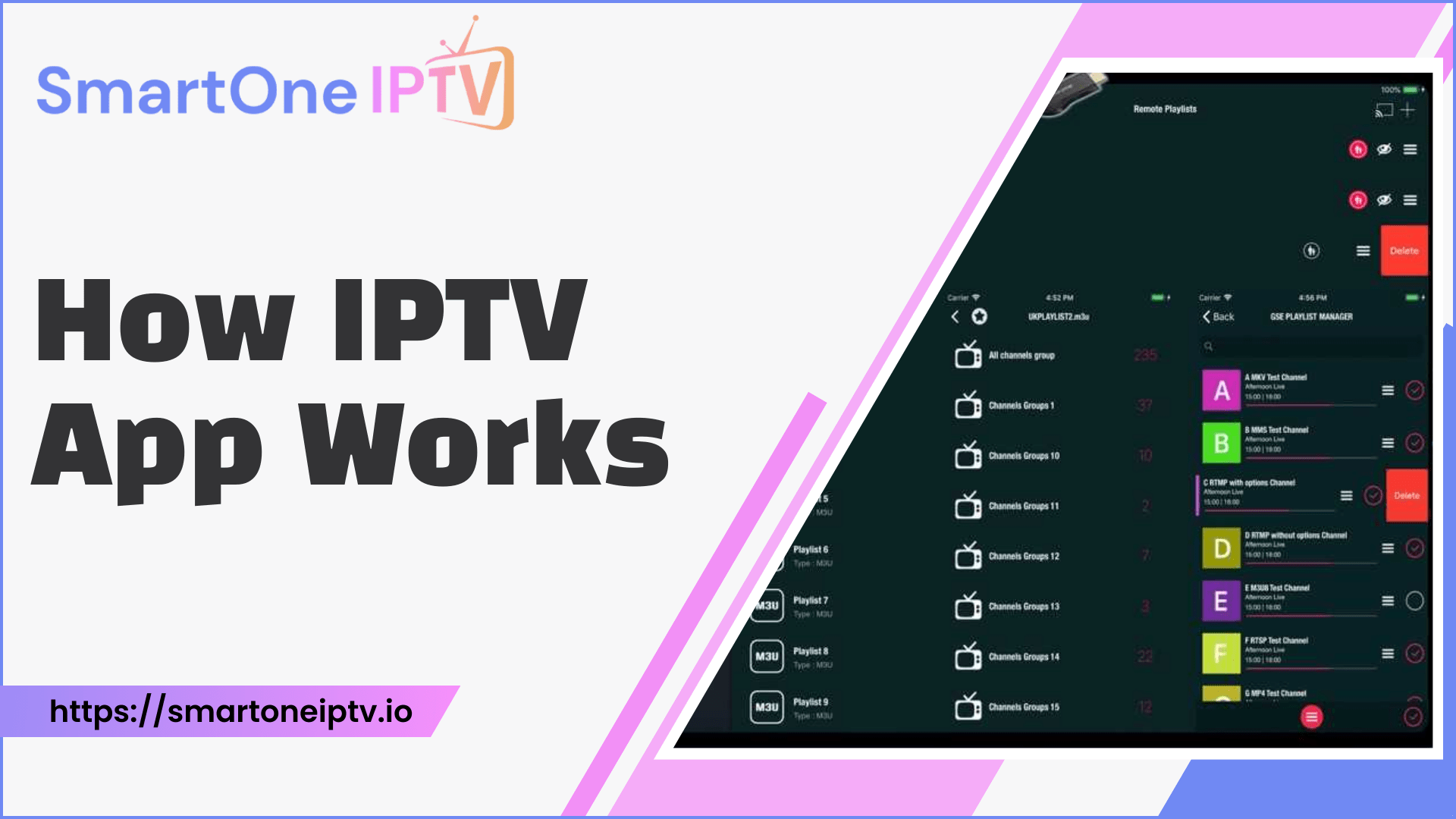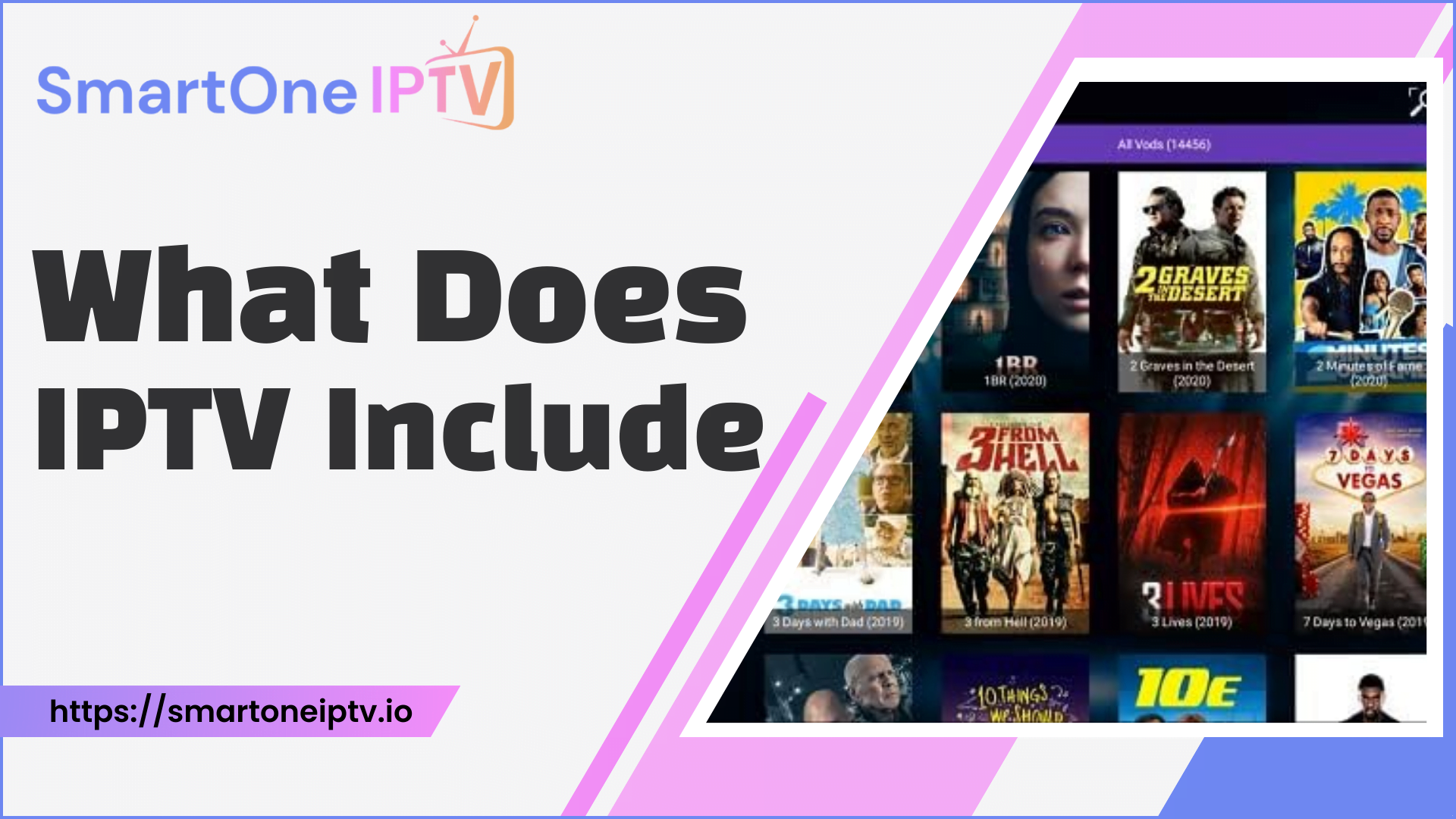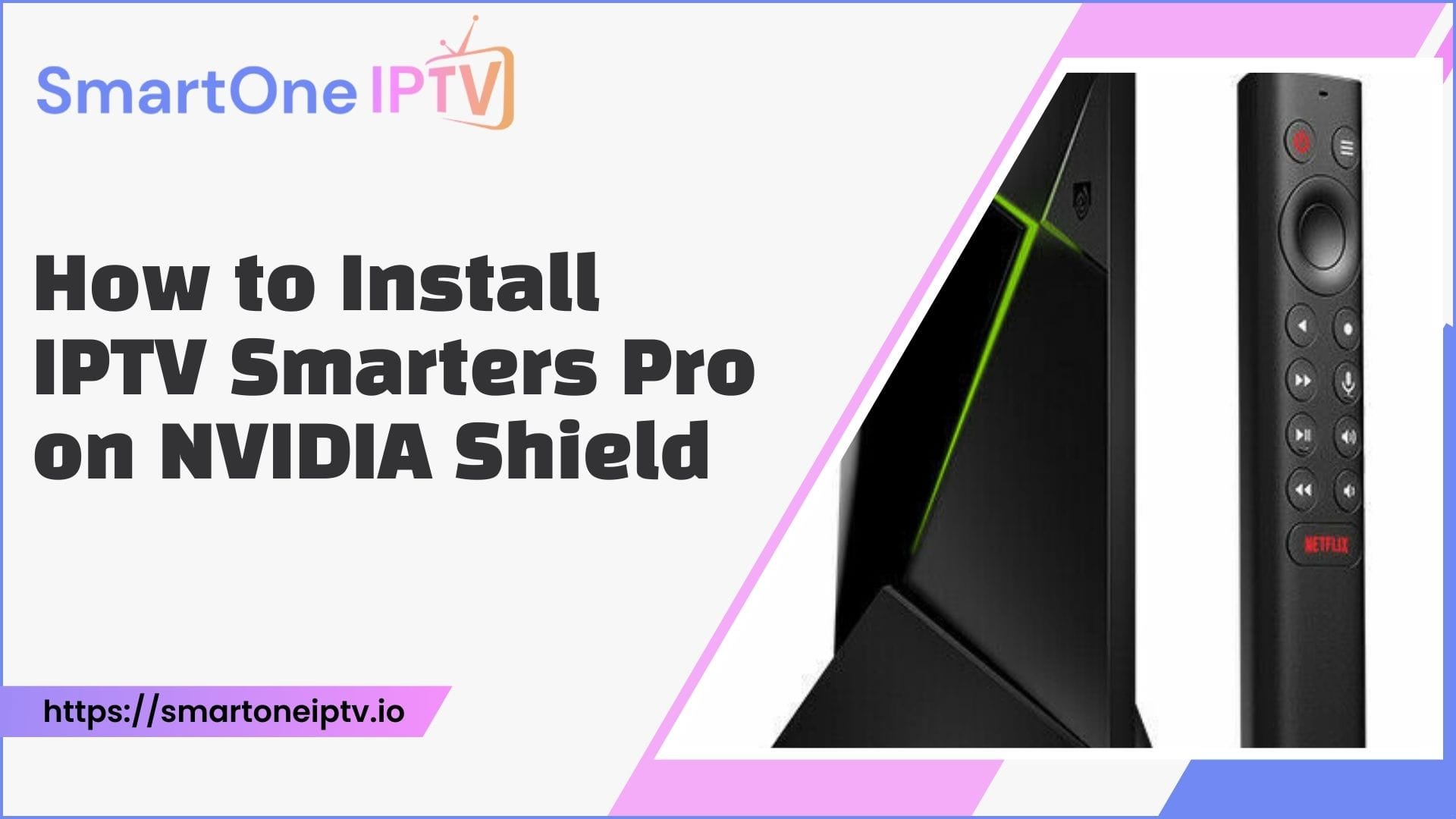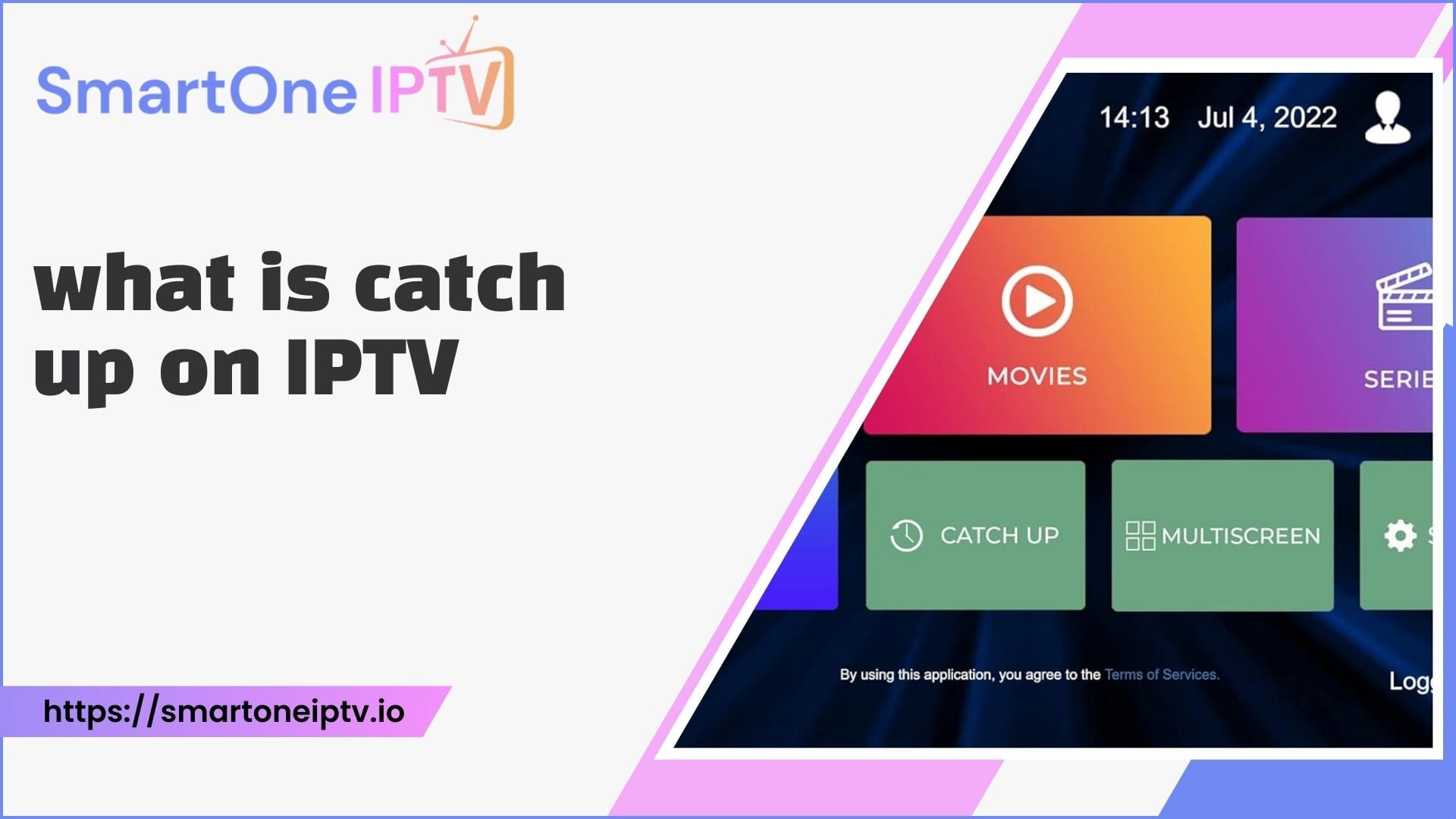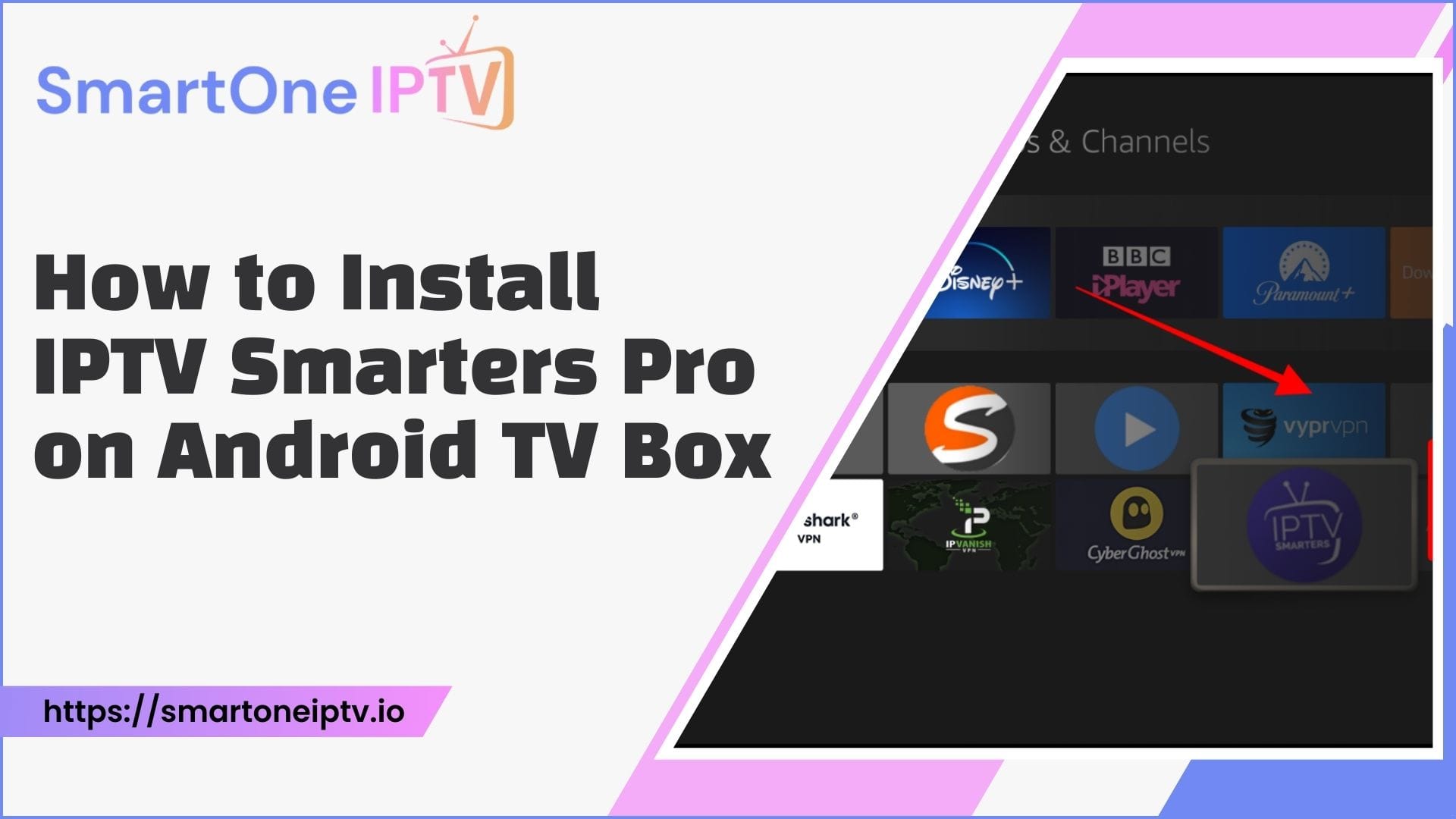In the digital age, traditional cable TV has gradually given way to smarter and more flexible ways of watching content. But what exactly is an IPTV subscription, and why is it becoming so popular? If you’re curious about how people watch their favorite shows, sports, and movies online without cable, you’re in the right place.
This blog will explain everything you need to know about IPTV subscriptions in a straightforward, user-friendly way. You’ll also gain insights into their types, benefits, how they work, and how to choose the exemplary service for your needs.
Understanding IPTV Subscription
IPTV stands for Internet Protocol Television. Simply put, it’s a way of delivering television content using the internet rather than traditional methods like satellite or cable. With an IPTV subscription, users stream shows, movies, and live TV channels directly to their devices, such as Smart TVs, smartphones, tablets, or PCs.
This subscription-based service means you pay a monthly or yearly fee to access the content. Unlike cable services, IPTV is customizable, allowing viewers to choose specific packages or channels that suit their preferences.
How Does IPTV Work?
IPTV works by transmitting TV programs and on-demand content over the internet. Here’s how the process unfolds:
- Content Delivery: The IPTV provider receives TV signals or creates original programming.
- Encoding and Storage: The content is converted into digital signals and stored on servers.
- Streaming: Subscribers access this content via the provider’s app or platform, which delivers it to their devices.
Instead of relying on antennas or cable boxes, IPTV streams content through an internet connection. The quality and speed depend on your internet service provider and connection strength.
Why Choose an IPTV Subscription?
Have you ever wondered why so many people are switching to IPTV subscriptions? Here are a few key reasons:
- Cost-Effective: IPTV subscriptions are often more affordable than cable or satellite TV.
- On-Demand Access: Watch what you want, when you want.
- Wide Range of Content: The options are endless, from live sports to international channels.
- Device Flexibility: Stream on various devices, from Smart TVs to mobile phones.
With an IPTV subscription, you have more control over your viewing habits. You can pause, rewind, or watch shows at your own pace.
Types of IPTV Services
Not all IPTV services are the same. Let’s dive into the main types to help you better understand your options:
1. Live IPTV
This is the closest alternative to traditional TV. Live IPTV streams channels in real time, allowing you to watch news, sports, and events as they happen.
2. Video on Demand (VOD)
This type lets users choose specific movies, shows, or programs from a vast library. You can start, pause, and resume content at your leisure.
3. Time-Shifted IPTV
Have you missed your favorite show? Time-shifted IPTV allows you to replay programs broadcast earlier, giving you flexibility with your schedule.
4. Catch-Up TV
Like time-shifted IPTV, catch-up TV lets you watch recently aired episodes or programs for a limited time.
Table 1: Comparison Between IPTV and Traditional TV
| Feature | IPTV | Traditional TV |
| Delivery Method | Internet-based | Cable/Satellite |
| Device Compatibility | Multiple devices (TV, PC, etc.) | Limited to TV setups |
| Content Control | On-demand and live-streaming | Fixed schedules |
| Cost | Affordable subscription models | Often expensive |
How to Get an IPTV Subscription
Are you thinking about subscribing? Here’s how you can get started:
- Choose a Provider
Research trusted IPTV providers that offer the channels or services you’re interested in. Avoid free services, as they often have reliability issues. - Check Compatibility
Ensure the service works on your preferred devices like Smart TVs or Android boxes. - Assess Internet Speed
A high-speed connection is crucial for uninterrupted streaming. For HD content, aim for at least 10 Mbps. - Sign Up and Download
Once you’ve chosen a provider, subscribe to their package and download their app to access the content.
Table 2: Minimum Internet Speed Recommendations for IPTV
| Streaming Quality | Recommended Speed |
| Standard Definition | 3 Mbps |
| High Definition (HD) | 10 Mbps |
| 4K Ultra HD | 25 Mbps |
Benefits of IPTV Subscription
A question often comes to mind is, “Why should I switch to IPTV?” Let’s break it down:
- Global Access: Access channels and shows from all over the world.
- No Long-Term Contracts: Most providers offer month-to-month plans.
- Customizable Packages: Select channels and services tailored to your preferences.
- Portability: Watch content anywhere as long as you have internet access.
Challenges of IPTV Subscription
While IPTV is convenient, there are a few things to keep in mind:
- Internet Dependency: A stable connection is a must.
- Geoblocking: Some services may limit content based on your location.
- Piracy Concerns: Stick to legitimate providers to avoid legal issues and poor-quality streams.
FAQs About IPTV Subscription
1. What is an IPTV subscription?
IPTV subscriptions are services that allow users to stream TV shows, movies, and live channels via the Internet instead of traditional cable or satellite methods.
2. Is IPTV legal?
Yes, IPTV is legal when offered by licensed providers. Always verify the legitimacy of your chosen service.
3. Can I watch IPTV on any device?
Most IPTV services are compatible with multiple devices, including Smart TVs, smartphones, PCs, and streaming boxes.
4. What internet speed do I need for IPTV?
3 Mbps is sufficient for standard-definition streaming. For HD or 4K streaming, you’ll need at least 10 Mbps and 25 Mbps, respectively.
5. How do I know which IPTV subscription is best?
Choose a provider based on your budget, preferred channels, and device compatibility. Reading reviews and Testing trial options can help.
A Final Tip for IPTV Users
An IPTV subscription is an excellent option if you’re ready to cut the cord and embrace more flexible viewing. Select a reliable provider with good customer support and catering to your entertainment needs.

